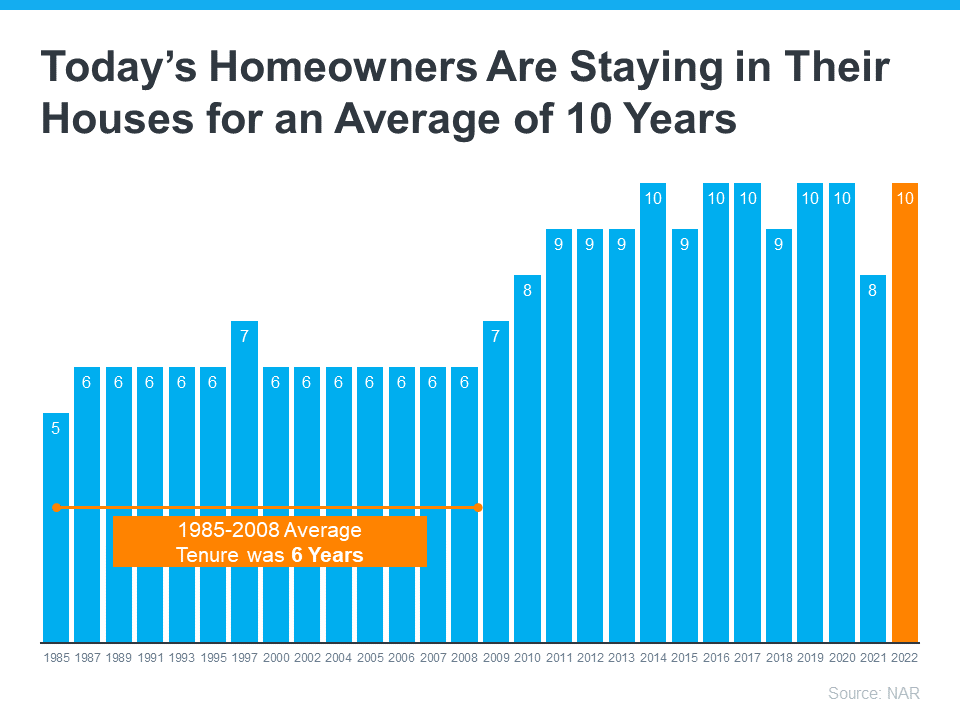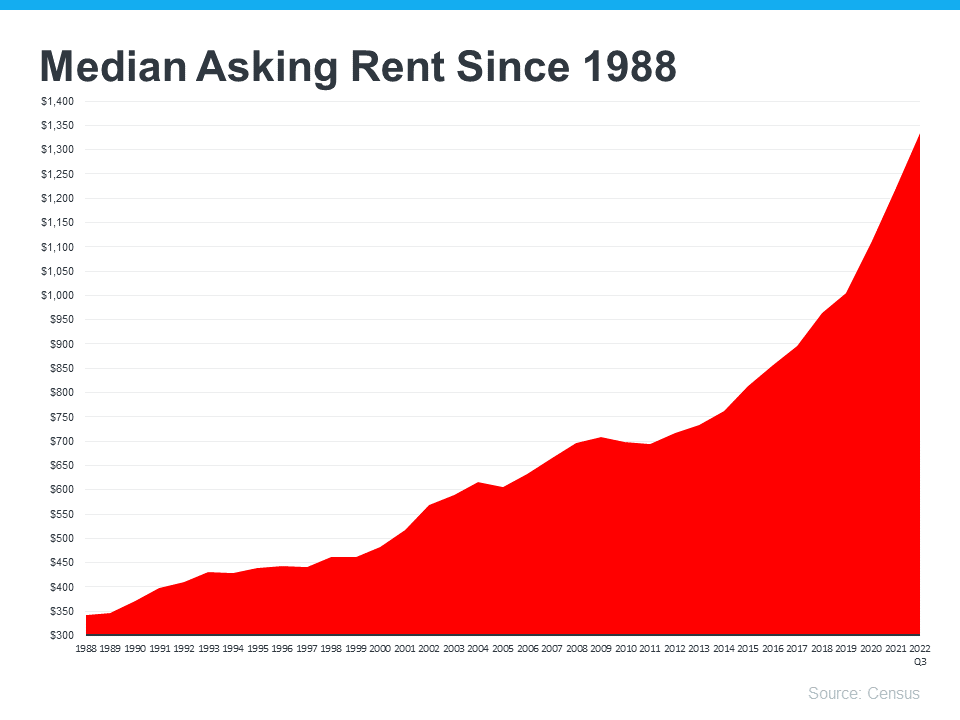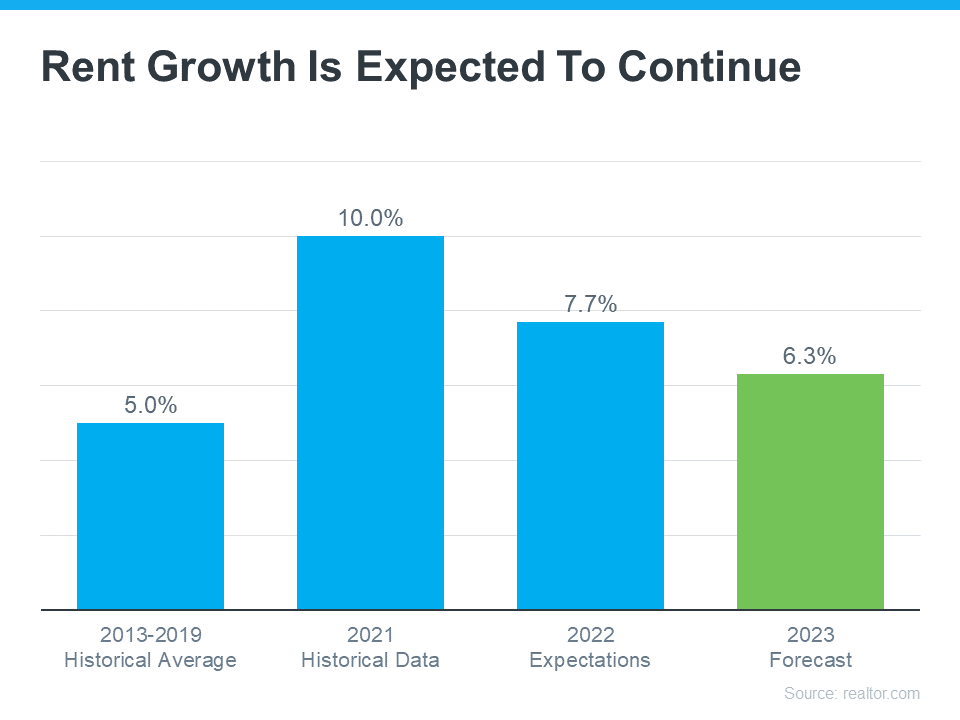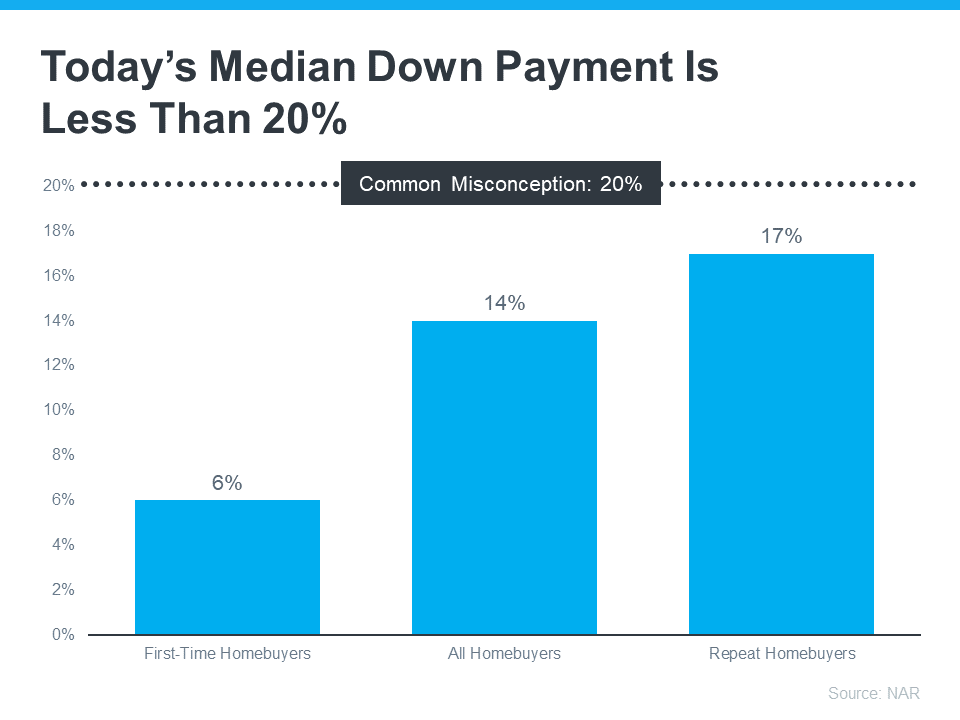CEO, RE/MAX Caribbean & Central America (CCA) Region. Investor. Mentor. Educator. Public Speaker
January 7, 2023
High inflation is a problem for mainstream investors in the United States. Inflation is a portfolio killer because it wreaks havoc on the stock market.
The knee-jerk reaction is to put money in fixed-income assets with a guaranteed return. This is a terrible strategy considering inflation was last clocked at 7.11% – after five rate hikes by the FED in 2022. A guaranteed return doesn’t mean you’re guaranteed to make a profit – especially if you’re considering putting your money in a CD, Money Market Account (MMA), high-yield savings account (HYSA), treasuries, or any other fixed-income asset. When considering the current inflation rate, fixed-income assets will lose you money.
Putting money in a CD, MMA, HYSA, or treasury that pays at best 4.6% (5-year CD, according to nerdwallet.com) results in an annual loss of 2.5% annual loss.
Fixed-income assets are not the way to deal with inflation.
Banking is the right idea to deal with inflation, but it’s not the traditional type of banking that will save your portfolio; it’s land banking. What is land banking? It’s exactly as its name implies. It’s an investment strategy where you buy land and then sell when the value increases. Because property values – especially in high-demand, high-growth locales – typically outpace inflation, it’s a great strategy for battling inflation.
Besides acting as a buffer against inflation, land banking can also be a lucrative real estate investment strategy. Think of it as a buy-and-hold strategy without the tenant and broken air conditioner issues. It’s a strategy that’s been around for more than 500 years and one that has made millionaires for countless investors.
John Jacob Astor became America’s first multi-millionaire using this strategy. He purchased large tracts of land in New York. Today, that area is known as Manhattan. Aston saw the potential of that tract of land and was one of the few people at the time to see land banking as a great opportunity. If John Astor’s net worth resulting from the sale of that land was measured in the present day, it would amount to over $100 billion.
Land banking is not the first strategy that comes to mind when investors consider real estate, but it’s a valuable strategy investors should consider – especially in offshore locales.
Land banking requires patience (minimum holding periods of at least five years). Still, it’s entirely headache free because land requires no maintenance, which is a distinct advantage over traditional real estate investments. Land costs nearly nothing to own. Compared to commercial and residential properties that require maintenance and upkeep, land banking is becoming more and more appealing to savvy investors.
Investors considering land banking should consider investing offshore. That’s because of the relatively low property tax rates. In Belize, the property tax rate for unoccupied land is 1%. In Mexico, it’s 1/10th of 1%. The low property tax rates can only improve the bottom line and rate of return when it comes time to sell the property.
Real estate investing without having to deal with deadbeat tenants and toilet and plumbing repairs? Yes, please!
The ultra-wealthy have been using land banking to build and insulate wealth for years. While mainstream investors have been stressing over their up-and-down 401k’s in a volatile stock market, smart investors have been sitting back and watching their land values go up while the rest of the market goes on a roller coaster ride.
While many investors rush to fixed-income assets to “preserve” their assets, ultra-wealthy investors have been diversifying with offshore land to insulate their portfolios against uncertainty, downturns, and inflation. Even as they’re protecting their portfolios with land banking, these savvy investors are also watching their wealth grow as the value of their land holdings grow. And in hot offshore markets, their wealth only accelerates that much more.
With its hot growth and growing popularity as a tourist and retirement destination, Belize is ideal for land banking. With booming development activity, acquiring a piece of land in Belize or any other offshore locale with subdivision potential and then holding that land to eventually break it up into smaller titles and selling them off for a profit can be a highly lucrative strategy.
Land banking has long been used by smart investors not only for wealth building but also for portfolio protection. In addition, this strategy is ideal in a stable and quickly developing offshore locale with low tax rates and laws favorable to foreign investors. That’s why investors interested in land banking should consider Belize.
![Key Terms To Know When Buying a Home [INFOGRAPHIC] | MyKCM](https://files.mykcm.com/2023/01/11164544/Key-Terms-To-Know-When-Buying-A-Home-MEM-1046x2684.png)


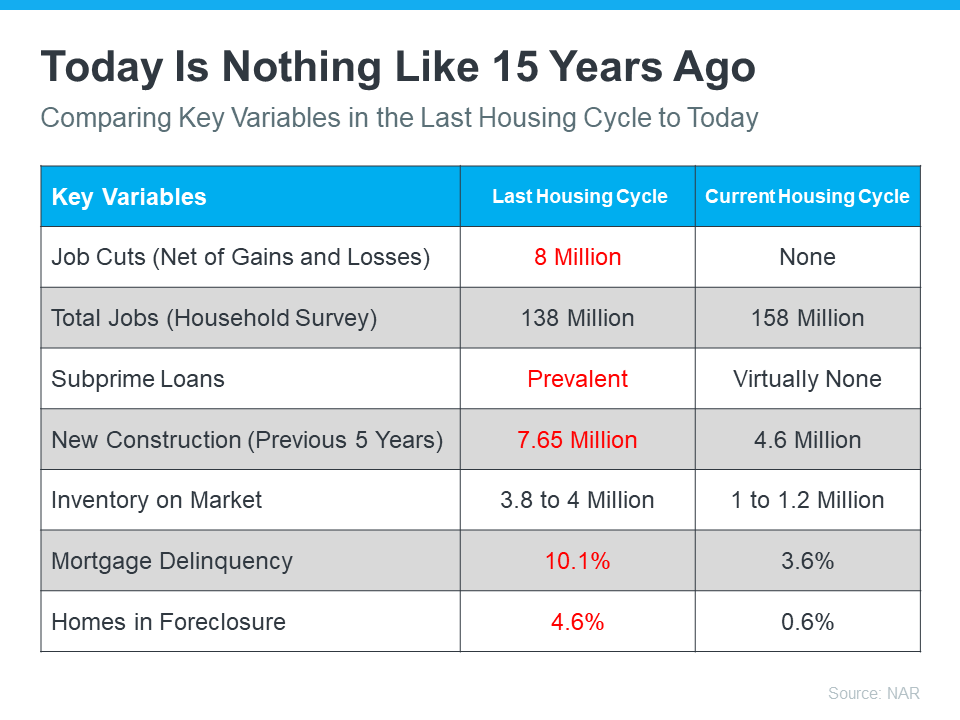
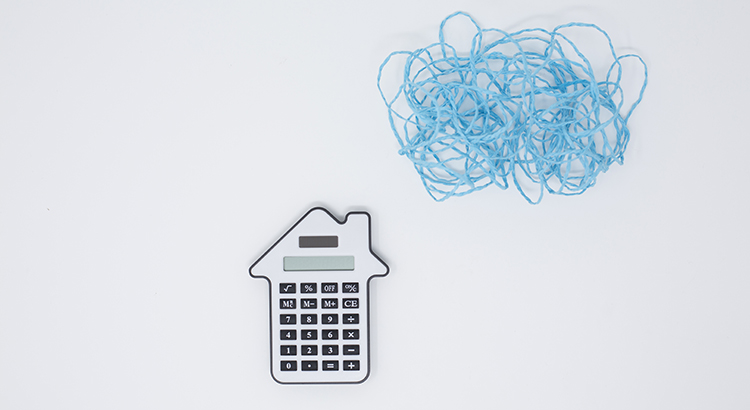

![Tips To Reach Your Homebuying Goals in 2023 [INFOGRAPHIC] | MyKCM](https://files.mykcm.com/2023/01/05124509/Tips-To-Reach-Your-Homebuying-Goals-in-2023-MEM-1046x2405.png)

